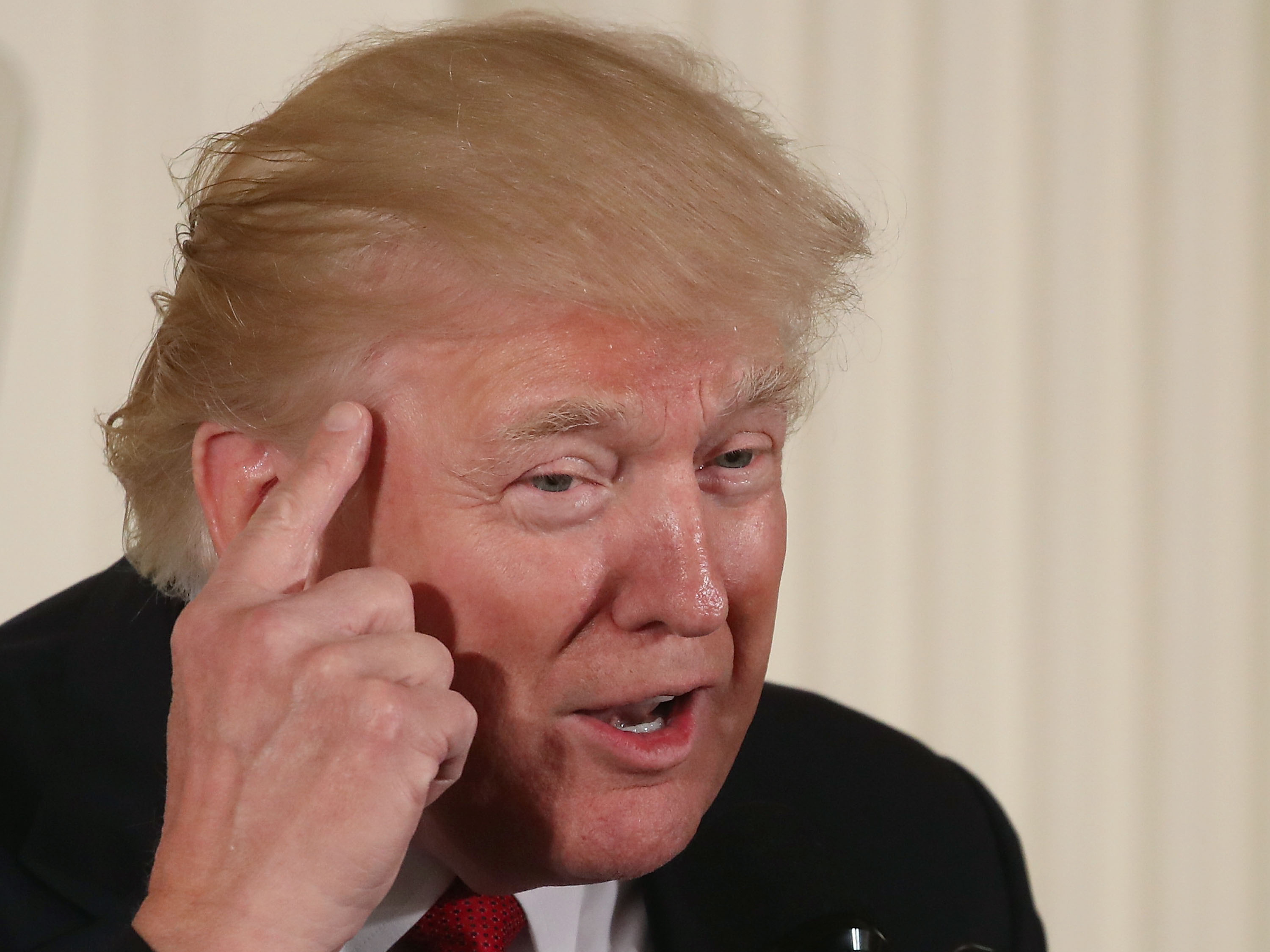Just a few days after his first major legislative defeat, President Donald Trump told a bipartisan crowd of senators at a White House dinner Tuesday night that he could turn it around fairly quickly.
“I know that we are going to make a deal on healthcare. That’s such an easy one,” Trump said. “I have no doubt that that’s going to happen quickly.”
It was a comment Trump’s press secretary later said was made in jest, alluding to remarks he made during the healthcare debate about its complications.
But this week, despite the American Health Care Act’s failure one week ago, Trump and other Republican leaders have suggested that they have not given up on their vow to repeal and replace Obamacare.
And they’re doing so in earnest.
A House divided
House Majority Whip Steve Scalise came to the podium Tuesday and warned Democrats about celebrating the failure of the AHCA.
"To my Democrat colleagues who were celebrating Friday's action, I think their celebration was premature because we're closer today to repealing Obamacare than we've ever been before. Surely, even closer than we even were Friday," Scalise said.
Along with Scalise, House Speaker Paul Ryan, House Majority Leader Kevin McCarthy, and the rest of the GOP leadership seemed to keep the possibility that the AHCA could be revived. But the chamber remains deeply divided - perhaps even more so than last week, when leadership could not wrangle enough votes to pass the legislation.
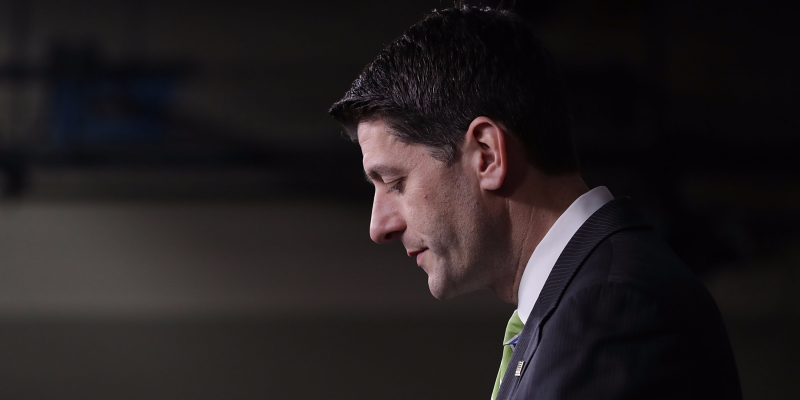
A mood of optimism continued, however, as Bloomberg reported that the GOP leadership was mulling bringing the healthcare bill back to the floor of the chamber as soon as next week, citing two anonymous Republican lawmakers. Numerous reports also indicated that GOP members outside of the leadership were itching to get back to work on the healthcare bill.
"If we just sit up here and play tiddlywinks, it'll hurt us," Rep. Morgan Griffith of Virginia told Bloomberg.
But a spokesperson for Ryan told Business Insider on Wednesday there was "no schedule update" for a possible vote on the legislation. And there seems to be a big reason for this strong, but noncommittal, talk: the same divisons that sank the AHCA the first time around haven't gone anywhere.
According to most media counts, roughly 33 to 35 House GOP lawmakers had come out publicly against the AHCA. Republicans can only withstand 21 defections for the bill to pass.
And the formation of two distinct ideological groups has made it near impossible to see how the current form of the AHCA could make it through a House vote.
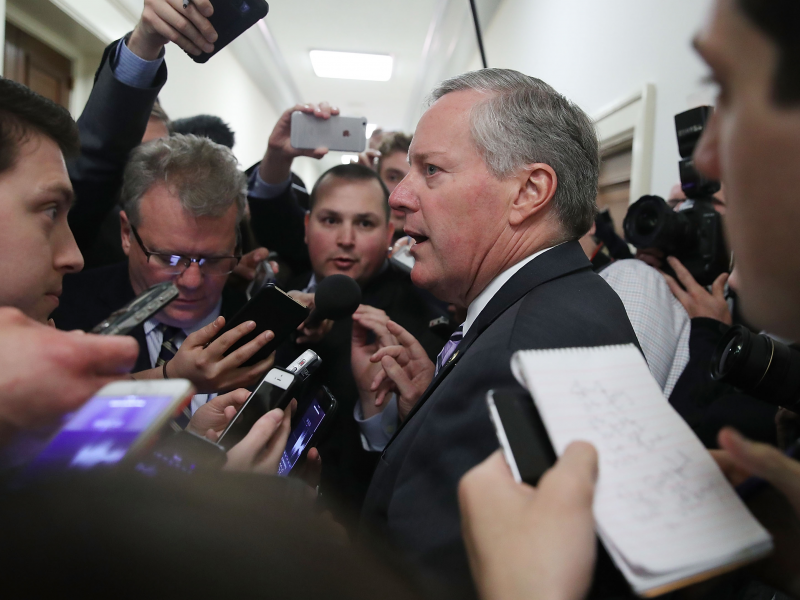
On one side, there is the hardline conservative House Freedom Caucus. Despite the Caucus' chairman Rep. Mark Meadows of North Carolina insisting that members of their conference are "working to get to 'yes'" on the AHCA, members of the group have maintained their stance that the AHCA does not far enough in repealing Obamacare.
On the other, members of the moderate Tuesday Group have taken issue with the changes to Medicaid funding under the AHCA that would likely see the government program that provides insurance to low-income Americans get cut in many states. The Congressional Budget Office's projections that 24 million fewer people could be covered over the next 10 years under "Trumpcare" compared the current system also raised red flags.
The two groups attempted to get together and work out their differences on Wednesday - but according to Axios' Jonathan Swan, it did not go well.
A Tuesday Group source told Axios that "fireworks" erupted at the Tuesday Group's meeting on healthcare. Additionally, a meeting of the Freedom Caucus, Tuesday Group, and the conservative Republican Study Committee, but it was called off.
Ryan, in an interview on Thursday with CBS News, said Republicans needed to get a repeal-and-replace bill done before Trump shifted and began to work with Democrats on solutions for the existing ACA.
"What I worry about, Norah, is that if we don't do this, then he'll just go work with Democrats to try and change Obamacare, and that's hardly a conservative thing," Ryan told CBS News reporter Norah O'Donnell.
The Senate moves on
Senate Majority Leader Mitch McConnell came to the podium and gave Democrats permission to be pleased about the failure of the AHCA.
"It's pretty obvious we were not able, in the House, to pass a replacement," McConnell said on Tuesday shortly after the press conference given by the GOP House leaders. "Our Democratic friends ought to be pretty happy about that because we have the existing law in place, and I think we're just going to have to see how that works out," McConnell said. "We believe it will not work out well, but we'll see."
Most the action on the AHCA has been focused in the House - it was there the bill was written and failed to pass - but it the Senate could be an even bigger hurdle for the bill, complicating any future efforts to pass the legislation.
Many GOP senators this past week have begun discussing working on a bipartisan solution for healthcare.
Republicans attempted to use the budget reconciliation process, since Democrats could filibuster any substantial change to the law, meaning they would only need a 50-vote majority to get the bill passed in the Senate. With that off the table, some leading GOP senators have decided that finding common ground and getting over the 60-vote threshold would be the best option.
"The most constructive thing would be for there to be a bipartisan proposal that would stabilize the market for the next three years while we create long-term solutions to the Affordable Care Act," Sen. Lamar Alexander of Tennessee said on Tuesday.
Alexander and Sen. Bob Corker, also a Republican from Tennessee, introduced a bill on Wednesday that would take the existing ACA framework and provide stabilization to the individual insurance market - rather than totally repeal the law.
Sen. John Cornyn of Texas has offered similar sentiments, inviting Democrats to the table to fix the deficiencies of Obamacare.
"I think that's the lesson of last week - that it needs to be done on a bipartisan basis, and so we're happy to work on it with Democrats if we can find any who are willing to do so rather than those who just want to stand back and enjoy the show," Cornyn said Monday.
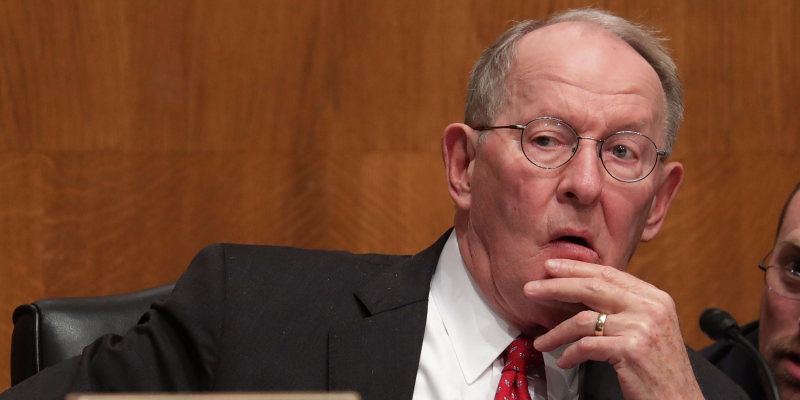
Many Senate Republicans detested the AHCA in the first place.
Sen. Tom Cotton of Arkansas, an ardent Trump supporter in the election, repeatedly took a hatchet to the healthcare bill and became a loud, leading voice in opposition.
"To my friends in House: pause, start over. Get it right, don't get it fast," Cotton said on March 9.
Cotton also blasted the supposed three-step process that the White House and House GOP touted for its repeal and replace of Obamacare, calling it "just politicians engaging in spin."
The White House is muddled
Trump, for his part, hasn't helped heal the divisions while talking up the possibility of completing a new deal, blasting fellow Republican lawmakers who helped sink the legislation and making a questionable endorsement of a Ryan critic.
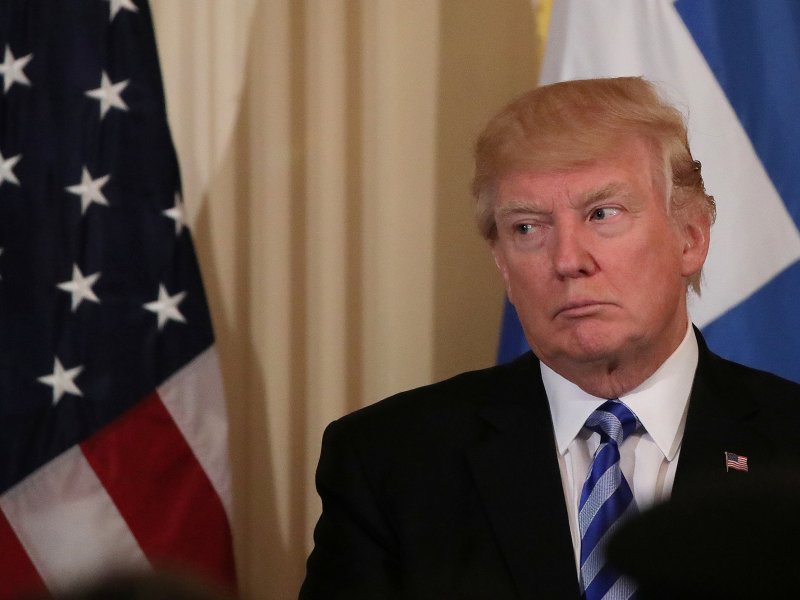
After first directing most of the blame at Democrats, Trump muddied the waters when he tweeted that people should watch Judge Jeanine Pirro's show on Fox News. It included an extended tirade calling for Ryan to step down and blamed him for the AHCA's failure.
Ryan told CBS News that Trump was "apologetic" about the tweet and did not know Pirro was going to attack the speaker.
But Trump spent most of his week homed in on the Freedom Caucus, unleashing a series of tweets between Saturday and Thursday blaming the group for standing in the way of the AHCA.
On Thursday, Trump tweeted a broadside at the Freedom Caucus, suggesting he would target them in their reelection efforts.
"The Freedom Caucus will hurt the entire Republican agenda if they don't get on the team, & fast. We must fight them, & Dems, in 2018!" Trump tweeted.
Rep. Justin Amash of Michigan, a Freedom Caucus member and opponent of the AHCA who once called it "Obamacare 2.0," struck back at the president on Twitter.
"It didn't take long for the swamp to drain @realDonaldTrump. No shame, Mr. President. Almost everyone succumbs to the D.C. Establishment," Amash wrote.
Rep. Raul Labrador of Idaho, another member of the Freedom Caucus, also replied to the president on Twitter.
"Freedom Caucus stood with u when others ran," Labrador tweeted. "Remember who your real friends are. We're trying to help u succeed."
The White House has been engaged, however, in some new discussions on healthcare. Both Vice President Mike Pence and White House chief strategist Steve Bannon have been working behind the scenes to bring the two House GOP sides together on a passable version of the AHCA, according to reports.
But even with the continued negotiations the task for Republican leaders looks daunting: bring together disparate factions of the House and Senate after a week that only seemed to sew their divisions deeper.

